Startup Mahakumbh Sparks Debate on India’s Innovation Trajectory
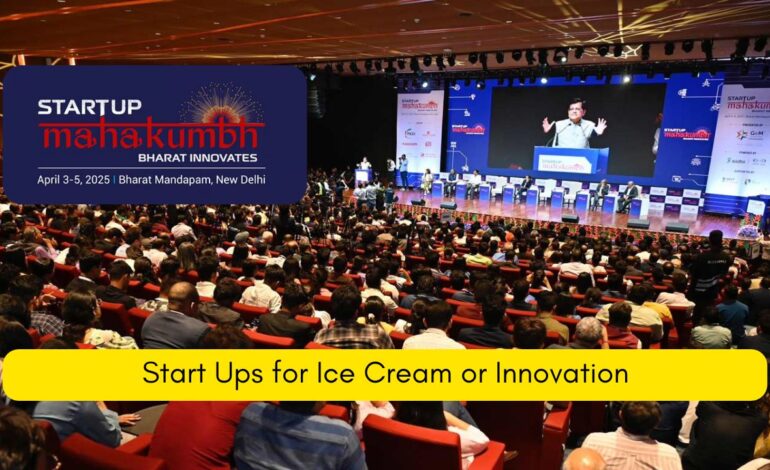
The Startup Mahakumbh 2025, which concluded at Bharat Mandapam in New Delhi on April 5th, transformed from a platform meant to foster global startup connections into the epicenter of a heated national debate about India’s innovation priorities and global competitiveness.
The controversy erupted following pointed remarks by Union Commerce Minister Piyush Goyal questioning the predominant focus of Indian startups. During his address, Goyal drew a stark contrast between India’s concentration on consumer services like food delivery and gig economy platforms versus China’s advancements in cutting-edge sectors including electric vehicles, semiconductors, artificial intelligence, robotics, and deep tech.
“We are very proud of what India has done, but are we the best in the world as yet? Not yet,” Goyal stated, challenging the audience on whether India should aspire beyond producing “delivery boys and girls” to achieve true innovation leadership.
The ministerial critique was amplified by a provocative display board positioned outside the venue titled “India vs China: The Startup Reality Check.” The exhibit contrasted China’s technological achievements in EVs, AI, robotics, and infrastructure development against India’s emphasis on food delivery, instant grocery services, fantasy sports, influencer culture, and novelty ice creams.

This visual comparison immediately sparked backlash across social media platforms. Former Infosys CFO Mohandas Pai voiced strong opposition on X (formerly Twitter), accusing organizers of “pushing Chinese propaganda against India” while highlighting that India has “more than 4,500 deep-tech startups as per Traxn” that remain small “due to lack of capital because funding is less.”
Public reaction to both the minister’s comments and the comparison display deeply divided India’s entrepreneurial ecosystem. Critics argued that such messaging undermines the significant economic contribution of service-oriented startups that have created substantial employment and addressed consumer needs. One social media commenter lamented the shift “from inspiring startup founders to insulting startup founders,” suggesting India has “come a long way on the wrong side.”
Others defended the controversial comparison as necessary introspection. “This is a reality—not propaganda,” argued one supporter on social media. “We genuinely need support—but that support should come from investors who are willing to invest in India, not just profit from it.”
The controversy illuminated fundamental tensions within India’s innovation landscape as it balances immediate economic imperatives with long-term technological aspirations. While service-focused startups have driven job creation and economic inclusion, the growing consensus acknowledges the necessity for substantial investment in advanced technological sectors to ensure India’s global competitiveness.
The heated debates from the Startup Mahakumbh have catalyzed important discussions about strategic priorities and funding mechanisms that could reshape India’s entrepreneurial direction for years to come. Whether these discussions translate into actionable policy shifts and investment realignments remains the critical unanswered question.


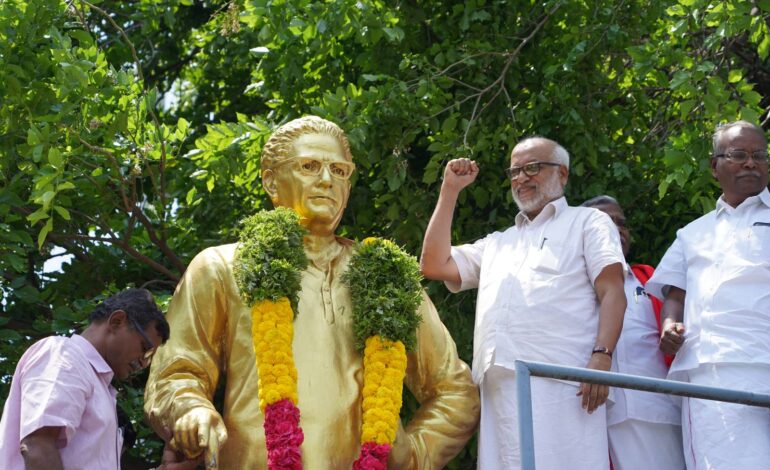
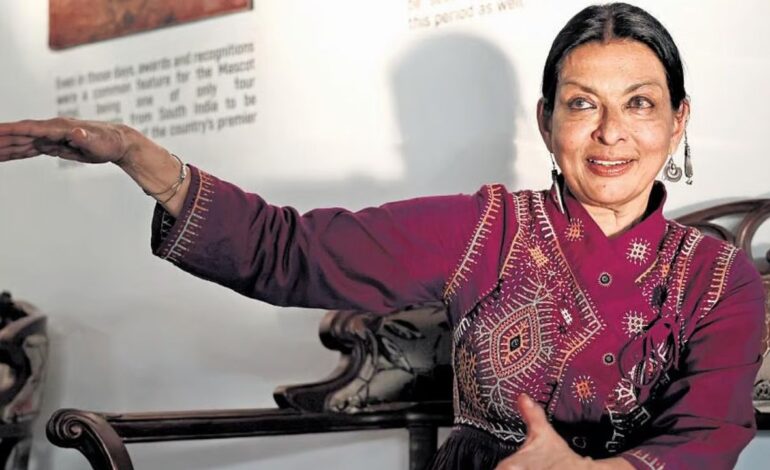
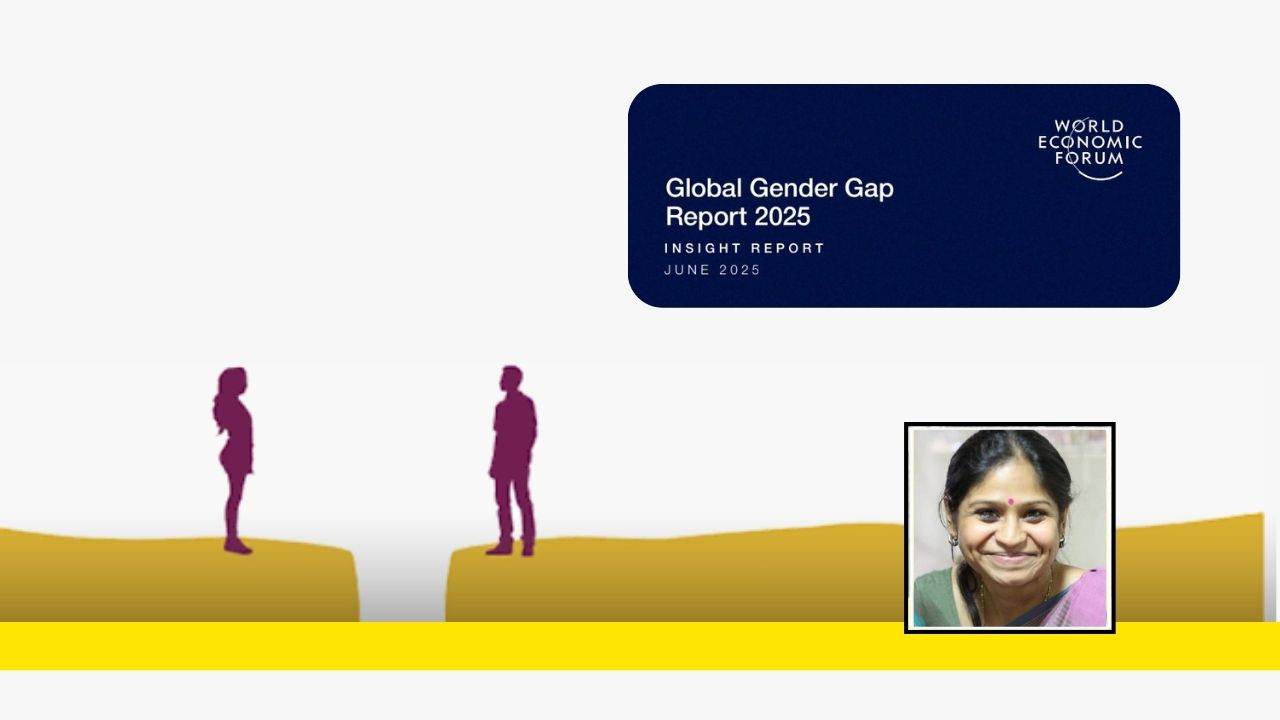

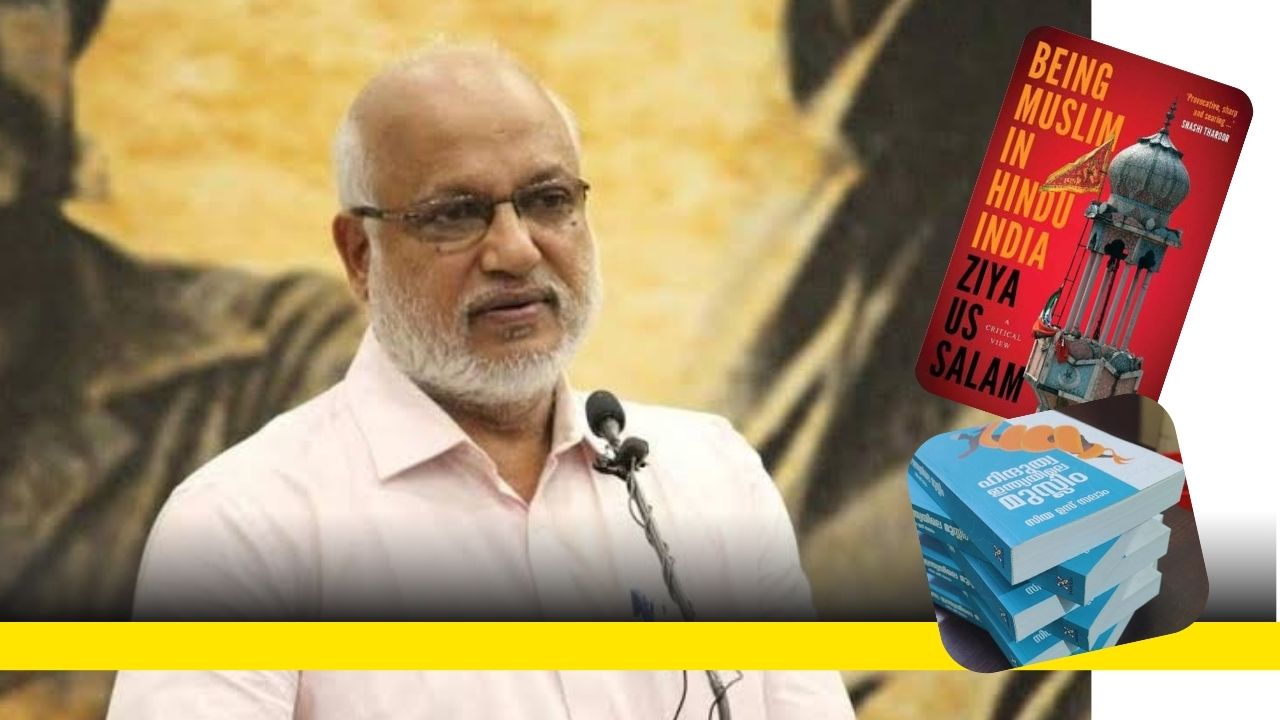





Seems there are “ Chinese “ agents in the startup ministry and bureaucracy. What a big Tamasha